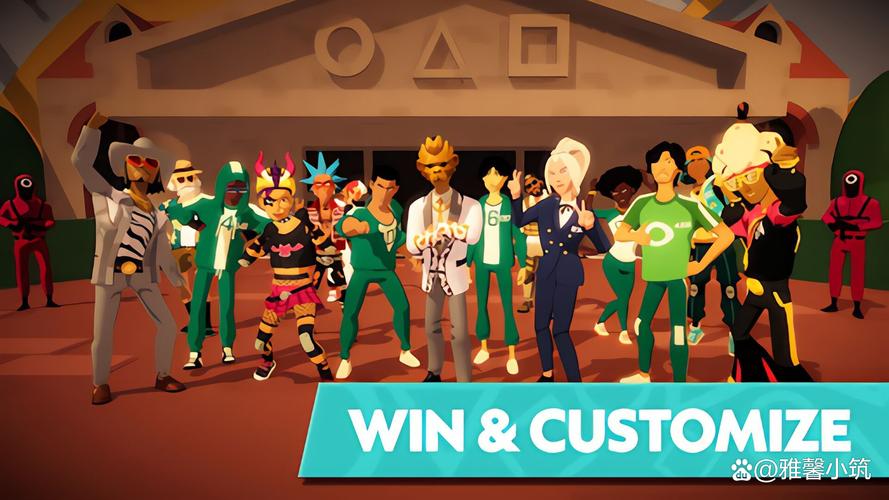Origins of the Squid Game
The story behind “Squid Game” is as intriguing as the game itself. It all began with a simple idea that took the world by storm. The story is set in South Korea, a country known for its intense competition and societal pressures. The game is a fictional narrative, but its roots are deeply embedded in the country’s real-life struggles.
The Inspiration
The creator of “Squid Game,” Hwang Dong-hyuk, drew inspiration from his own experiences and the societal issues prevalent in South Korea. He wanted to explore the dark side of human nature and the extreme measures people would take to survive. The game itself is a mix of childhood games and survival tactics, reflecting the duality of human nature.

The Characters
The characters in “Squid Game” are a diverse group of individuals from different walks of life. Each character has their own motivations and backstories, making them relatable and complex. Here’s a brief overview of some key characters:
| Name | Backstory | Motivation |
|---|---|---|
| Gi-hun | Formerly a debt collector, Gi-hun is struggling to pay off his family’s debt. | Survive the game and win the prize money to save his family. |
| Cho Kwon-joo | A former student who lost her family in a tragic accident. | Seek revenge against the wealthy who caused her family’s suffering. |
| Ali | A North Korean defector who is desperate to provide for his family. | Win the game and bring his family to South Korea. |
The Games
The games in “Squid Game” are based on childhood games, but with a deadly twist. The participants must complete the games to stay in the game. The games are designed to be simple yet challenging, pushing the characters to their limits. Here’s a breakdown of the games:
- Red Light, Green Light: Participants must cross a line without being caught by the “guardian.” The guardian is blindfolded and must rely on sound to locate the participants.
- Marbles: Participants must throw marbles at a target. The one who hits the target first wins.
- Glass Castle: Participants must climb a glass structure without breaking it. The first one to reach the top wins.
- Gliding: Participants must glide across a pool without touching the water. The one who stays afloat the longest wins.
- Snake Game: Participants must navigate a maze without touching the walls. The one who completes the maze first wins.
The Real-Life Impact
“Squid Game” has sparked a global conversation about societal issues, such as income inequality, poverty, and the pressure to succeed. The show has also brought attention to the dark side of reality TV and the lengths people will go to for money. Here are some of the real-life impacts of the show:
- Global Awareness: The show has raised awareness about the struggles faced by people in South Korea and other countries.
- Philanthropy: Many viewers have donated to charities and organizations that help those in need.
- Debate: The show has sparked a debate about the ethics of reality TV and the exploitation of participants.
The Legacy
“Squid Game” has left a lasting impact on the entertainment industry. It has inspired countless memes, fan art, and discussions about the human condition. The show has also been praised for its storytelling, character development, and social commentary. Its legacy will undoubtedly continue to grow as more people discover its dark and compelling narrative.
The Conclusion
The story behind “Squid Game” is a testament to the power of storytelling. It has captivated audiences worldwide and sparked a conversation about the real-life issues that affect us all. The show’s success is a reminder that sometimes, the most terrifying stories are the ones that mirror our own lives.
